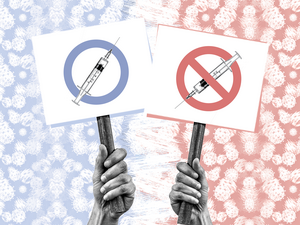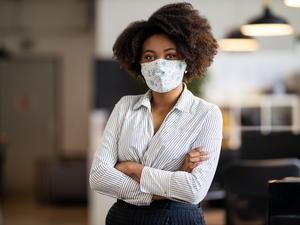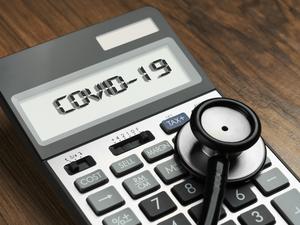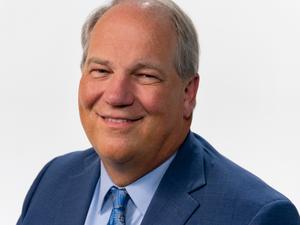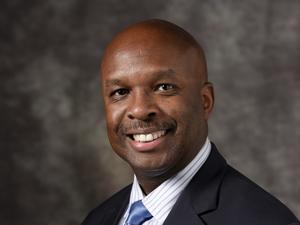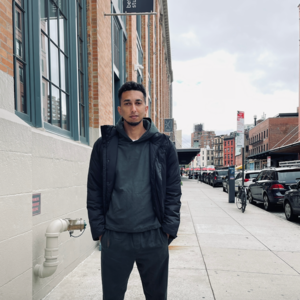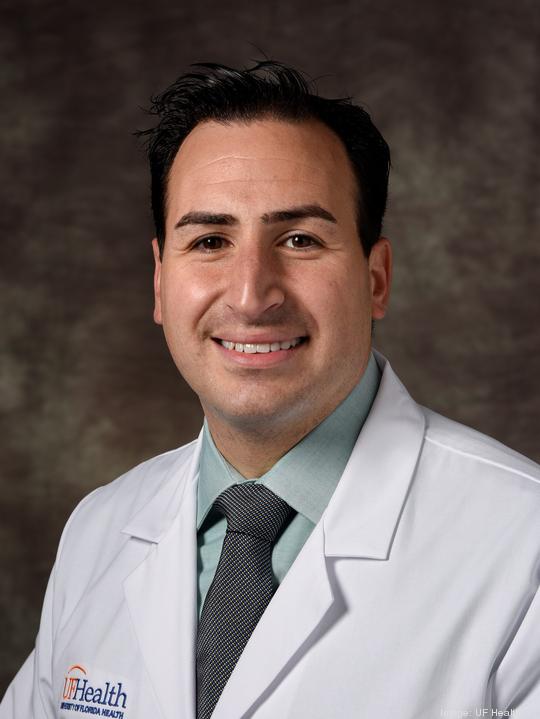
After getting bitten by the innovation and serial entrepreneurship bug, Dr. John Catanzaro, the associate medical director of UF Health's Electrophysiology Program, is ramping up work on two separate projects with the help of the educational hospital.
The first aims to help heart care while the other is a pre-surgery recipe based on Gatorade named Operade. The Business Journal recently sat down to talk to Dr. Catanzaro about what his team and UF Health are developing. Below is a lightly edited transcript.
Tell me a little bit about what you are doing in electrophysiology and the product you want to test and ultimately take to market? At UF Health we have built a comprehensive center to treat the most common abnormal heart rhythm, atrial fibrillation. Atrial fibrillation decreases the quality of life in patients and also increases the risk of stroke. Ablation procedures are performed using different energy sources which actively heat or freeze heart tissue to keep the heart rhythm normal and prevent recurrence of the irregular rhythm. Patients can undergo multiple procedures in a lifetime, as there is no definitive cure for atrial fibrillation. The procedure is not without risk, as injury to organs near the area where the ablation is performed may occur leading to injury of nearby organs, especially the esophagus. Damage to the esophagus has been well documented for 20 years and treatments to reduce injury to the esophagus during ablation are outdated and ineffective as many companies tend to just monitor temperature within the esophagus during the procedure and when the temperature gets too warm or too cold nearing injury the energy delivery to the area is stopped. Unfortunately due to the properties of the energy, the temperature takes at least 30 seconds to return to normal thus, increasing the risk of injury further.
The solution: a novel substance that can absorb some of the temperature and a device that can transfer the unwanted temperature to areas away from the esophagus. Thus offering organ protection and a safer procedure. Now that the technology has been licensed, we are pioneering this effort to scale and test the novel method and medical device to be the first center to offer safer ablation procedures in addition to our Comprehensive Atrial Fibrillation Center to increase safety and improve outcomes for patients suffering from atrial fibrillation.
How has UF helped you in this process? UF Innovate facilitated the creation of a team and made the introduction to Christopher Batich Ph.D., a UF Materials Scientist and his student Michelle Dill. UF Innovate also provided funding and assistance with the intellectual property via a commercialization fund. These funds were used for prototype design and to use a novel substance with the medical device invention for patients with Atrial Fibrillation during the ablation procedure to increase safety. The method and utility of the device and substance were subsequently tested in animals for proof of concept and safety, ultimately leading to successful global licensing of the technology to improve care for our patients.
The late Dean, Dr. Leon Haley and the Division of Cardiology in addition to the academic network at UF Health Jacksonville supported my pursuit of a Masters in Business Administration through The Warrington School of Business at the University of Florida. During my MBA program, Dr. Alex Settles sparked my interest for serial entrepreneurism and venture capital financing which ld to Operade.
Tell me a little bit about the other product you are developing -- the pre-surgery Gatorade alternate. It all started when I became a patient and underwent a recent surgery. For most of us who have undergone fasting for a surgery or outpatient procedure the night before and the morning of, feelings of lightheadedness, weakness, dry mouth and anxiety immediately come to mind. Fear of having to cancel and reschedule ring a bell in my mind. In addition, Ambulatory Surgery Centers and Hospitals lose revenue and are unable to maximize care for patients.
What's next for both of these concepts? Testing the device in human clinical trials is the next step for the medical device. Initiating a clinical trial is the next step for the esophageal protection device. Securing funding to go to market are net steps for Operade
Where are you at in your funding cycle and/or what is the next step as far as funding goes? We are still early and are exiting the conceptual stage. Initial trails have seen great success and we are moving into structured studies. We have bootstrapped to date but we are exploring seed funding from the right partner. We are always open to expanding the network of potential investors. It's great seeing the local innovation and investment ecosystem stepping up to the plate to fund local startups
Anything else in closing you would like to add? Nothing is as important as Health and Wellness. With so much opportunity to innovate on both of these areas, I plan to continue to spin up solutions that produce meaningful change in people's lives. I am looking to take as many ideas as possible and connect them with the right operators and investors to create a positive impact across Jacksonville and scale to the national stage.
